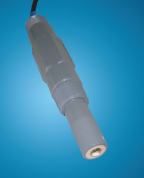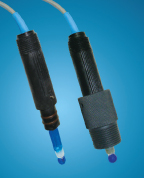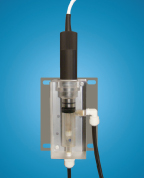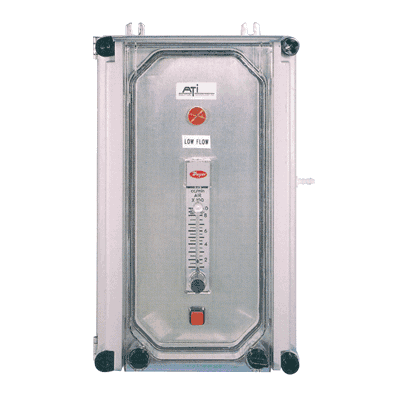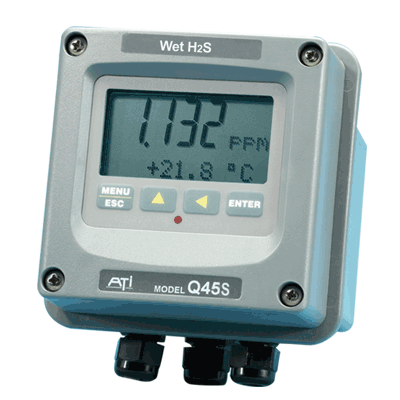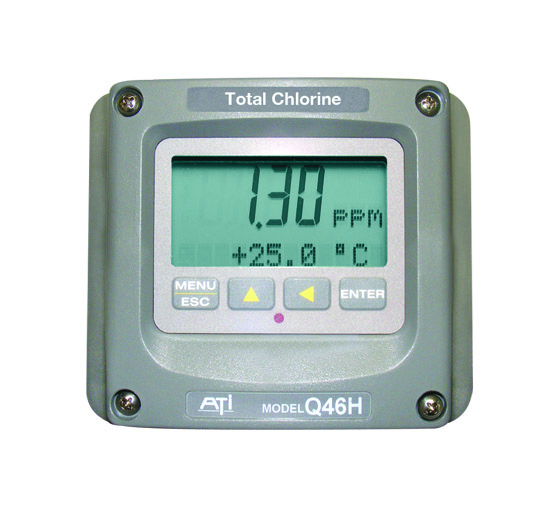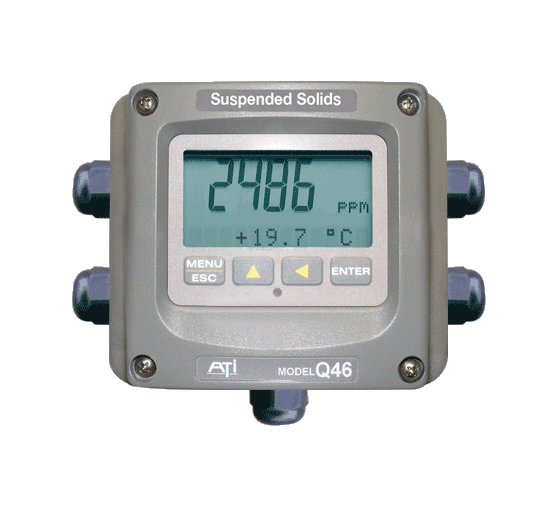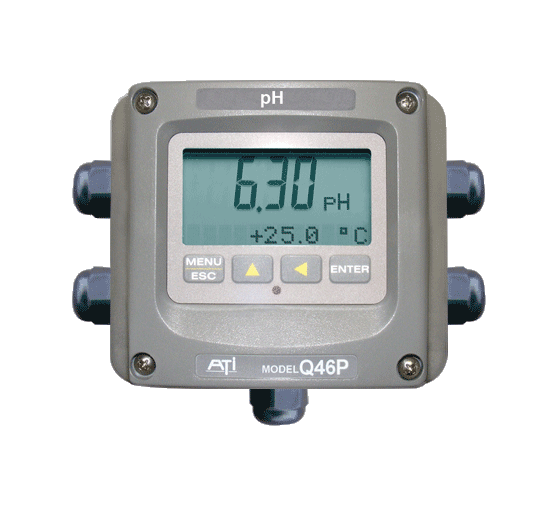
ATI Q46P-R pH & ORP Monitor
Construction:

Sealed Reference System, for Longer Sensor Life!
Measurement and control of pH is important in a wide variety of industries. Water and wastewater, boiler feed water, high purity water, food processing wash water, chemical plant cooling water, and many other aqueous systems require reliable pH monitoring. ATI’s Model Q46P pH water quality monitor provides the combination of durability, accuracy, and versatility required for virtually any pH monitoring or control application. The Model Q46R provides the same reliable monitoring for Oxidation- Reduction Potential (ORP) applications.
ATI’s Q46 platform represents our latest generation of monitoring and control systems. Control features have been expanded to include an optional 3rd analog output or an additional bank of low power relays.

AUTOMATIC SENSOR CLEANING!
A Blast of Air Keeps the Auto-Clean Sensor Clean!
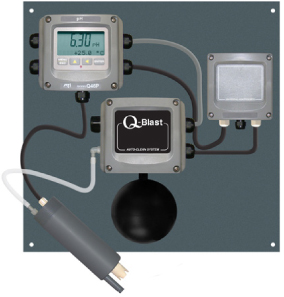
ATI’s Q-Blast option provides the ideal answer for automatic pH or ORP sensor cleaning. Employing a unique “air-blast” cleaning method, sensors can be cleaned as often as necessary without operator attention. Pulses of pressurized air delivered through a nozzle at the tip of the sensor remove accumulated solids from critical sensing surfaces, resulting in accurate and reliable measurements.
The Q-Blast Auto-Clean assembly is housed in a NEMA 4X enclosure suitable for indoor or outdoor use. The system includes an integral compressor and air-pulse control components, with a power supply for the entire air supply system incorporated into the design. A simple connection to the Q46P or Q46R monitor provides the sequencing for the system and allows the operator to select cleaning frequencies as often as once every hour to as little as once every 999 hours. To insure performance in extremely cold conditions, a thermostatically controlled heater is included in the assembly, allowing operation down to -40°C.
ATI's Q46P and Q46R Monitors Provide a Wide Variety of Options to Adapt to Your Application Requirements!
CONVENTIONAL SENSORS
There is no single pH sensor that fits every application. Sensors designed for harsh environments do not necessarily work as well in high purity water. Understanding the difference between various sensor types will help you choose the best sensor for your application.
The most widely used pH sensors contain a hydrogen ion sensitive glass measuring electrode and a silver/silver chloride reference element. The reference element is sealed inside the sensor body filled with an electrolyte and electrically connected to the outside solution through one or more porous reference junctions. The glass electrode is in direct contact with the measured solution.
| | | ||
Submersible Sensor | Twist-Lock Sensors | Sealed Acrylic Flowcell |
Conventional sensors are a good alternative for clean water applications with conductivity above about 50 microsiemens (μS). They typically provide an operating life of 1-3 years depending on the application and are relatively inexpensive. They are available in submersible or in-line versions and a clear flowcell is also available. Maximum cable length is 25 feet (7.7 m) for this type of sensor. A preamplifier in a NEMA 4X enclosure is available for applications requiring longer distances between the sensor and monitor.
DIFFERENTIAL SENSORS
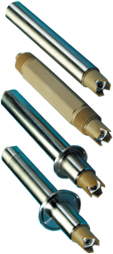 In this type of sensor, the silver/silver chloride reference element has been replaced by a pH sensitive glass electrode identical to the measuring electrode. This second glass electrode is housed in a chamber filled with pH 7 buffer which provides a stable reference. A high surface area reference junction electrically connects this reference system to the pH measuring element. The result is that pH is measured by the voltage difference between the two pH sensitive glass elements.
In this type of sensor, the silver/silver chloride reference element has been replaced by a pH sensitive glass electrode identical to the measuring electrode. This second glass electrode is housed in a chamber filled with pH 7 buffer which provides a stable reference. A high surface area reference junction electrically connects this reference system to the pH measuring element. The result is that pH is measured by the voltage difference between the two pH sensitive glass elements.
Differential pH sensors are the best choice for demanding applications such as wastewater, plating baths, aggressive industrial process water, or higher temperature applications. They are especially good in applications containing sulfur compounds that tend to poison the silver/silver chloride reference element found in conventional sensors. Because they are designed with replaceable reference junctions and have internal preamplifiers, these sensors tend to significantly outlast conventional sensors.
PRODUCT FEATURES
Sensor Options
Choice of either “differential” or “conventional” pH sensors. Differential sensors provide reliable, long lasting service in demanding applications while conventional sensors provide a lower cost alternative for clean water applications.
Auto-Cleaning
Automatic “Air Blast” sensor cleaning system available for reducing maintenance in applications where sensor fouling is a problem.
Calibration
Automatic buffer recognition simplifies calibration.
AC or DC Power Options
Power options include universal 100-240 VAC or 12-24 VDC.
Analog Output Options
Two isolated 4-20 mA outputs are standard, with an option for a third output if required. Default setting provides analog outputs for pH/ORP and temperature.
PID Output
Standard PID control function assignable to one analog output.<
Digital Communications
Available for either Profibus-DP, Modbus-RTU, or Ethernet-IP.
Relay Contacts
Three SPDT relays are standard, with relay functions programmable for alarm, control, or trouble indication. Three additional low power relays available as an option.
Flexible Mounting
NEMA 4X (IP-66) enclosure is suitable for wall, pipe, or panel mounting.
Clear Display
Back-lit large LCD display provides clear visibility in any lighting conditions. A scrolling second line on the display provides additional information and programming prompts.
 Download
Download


